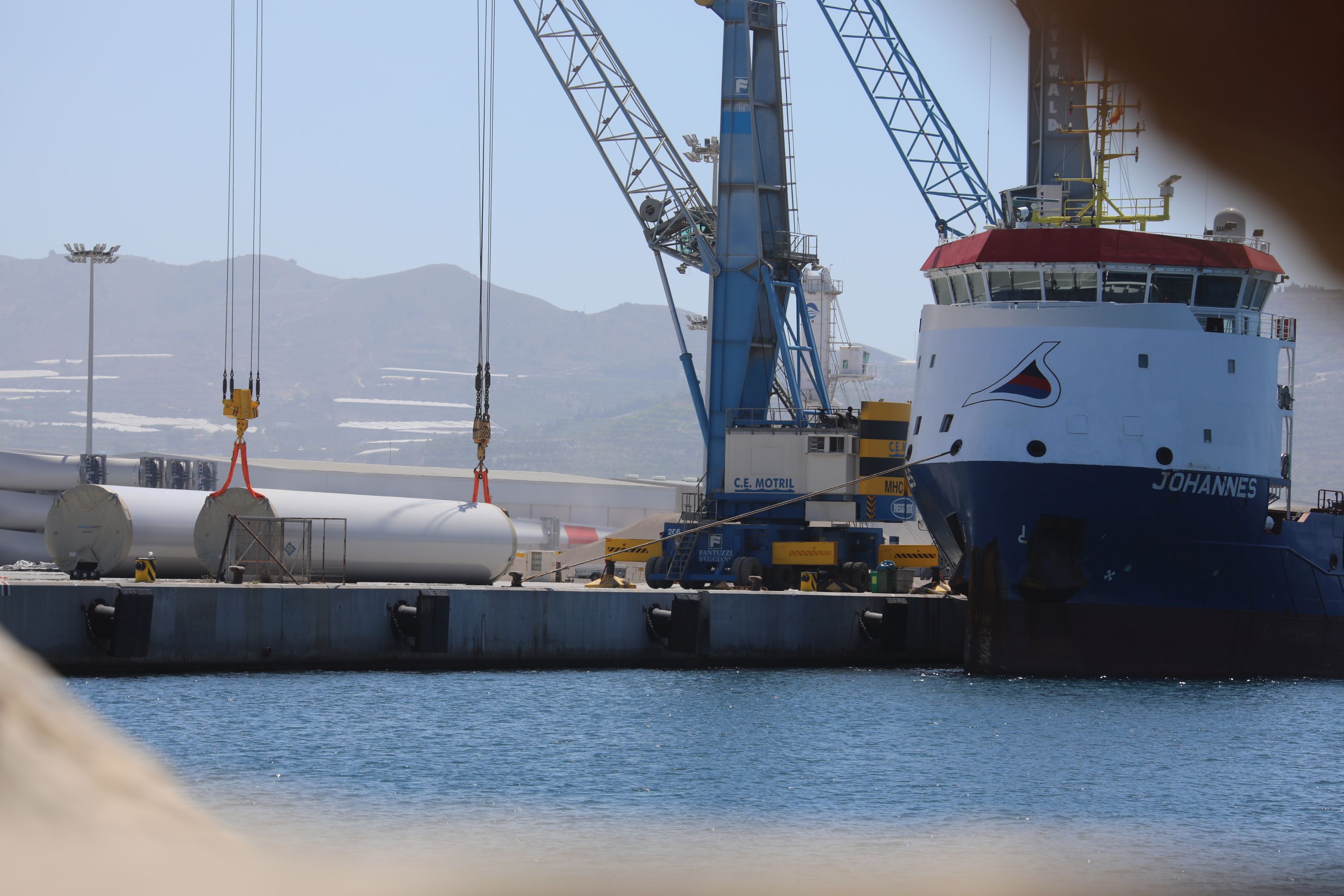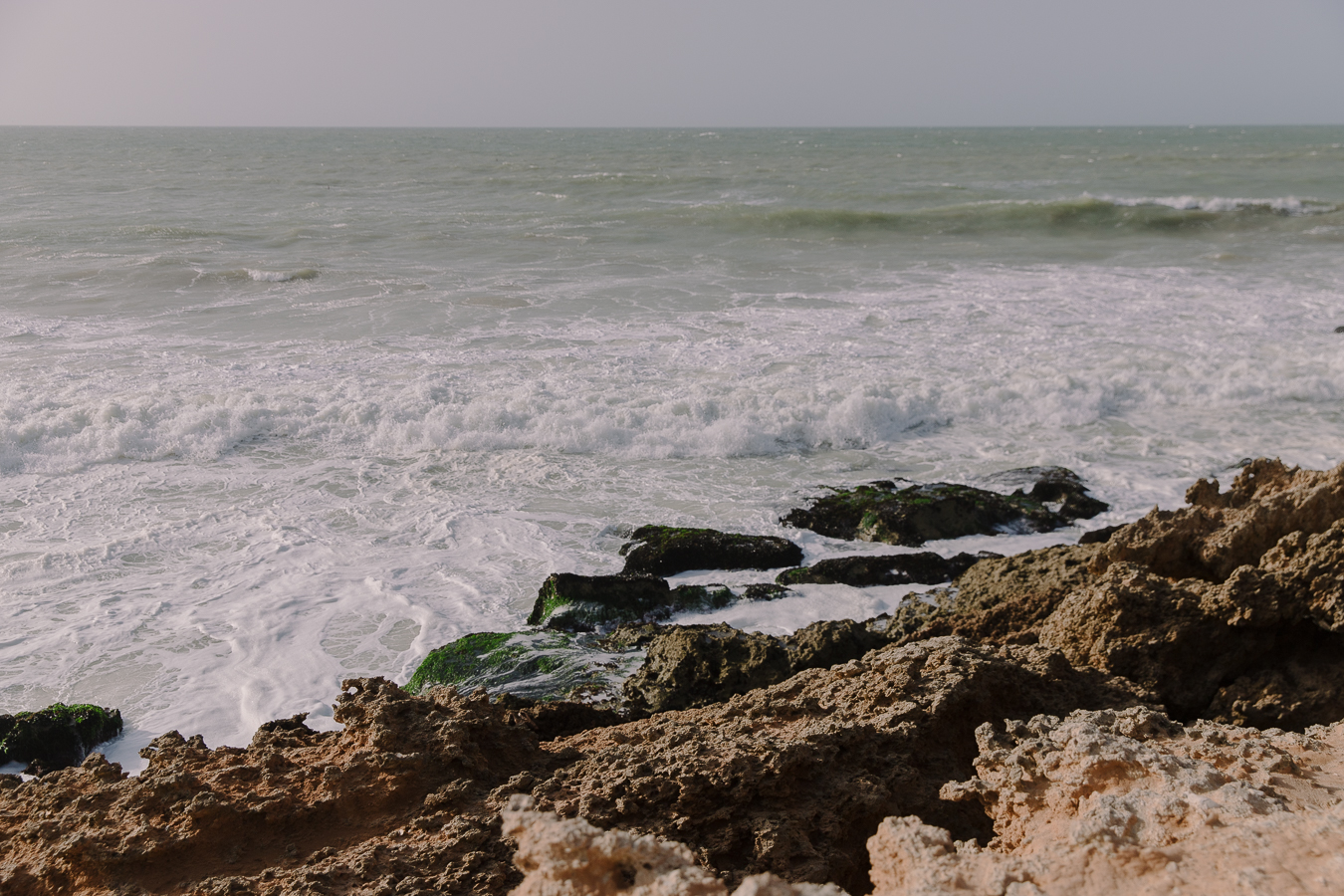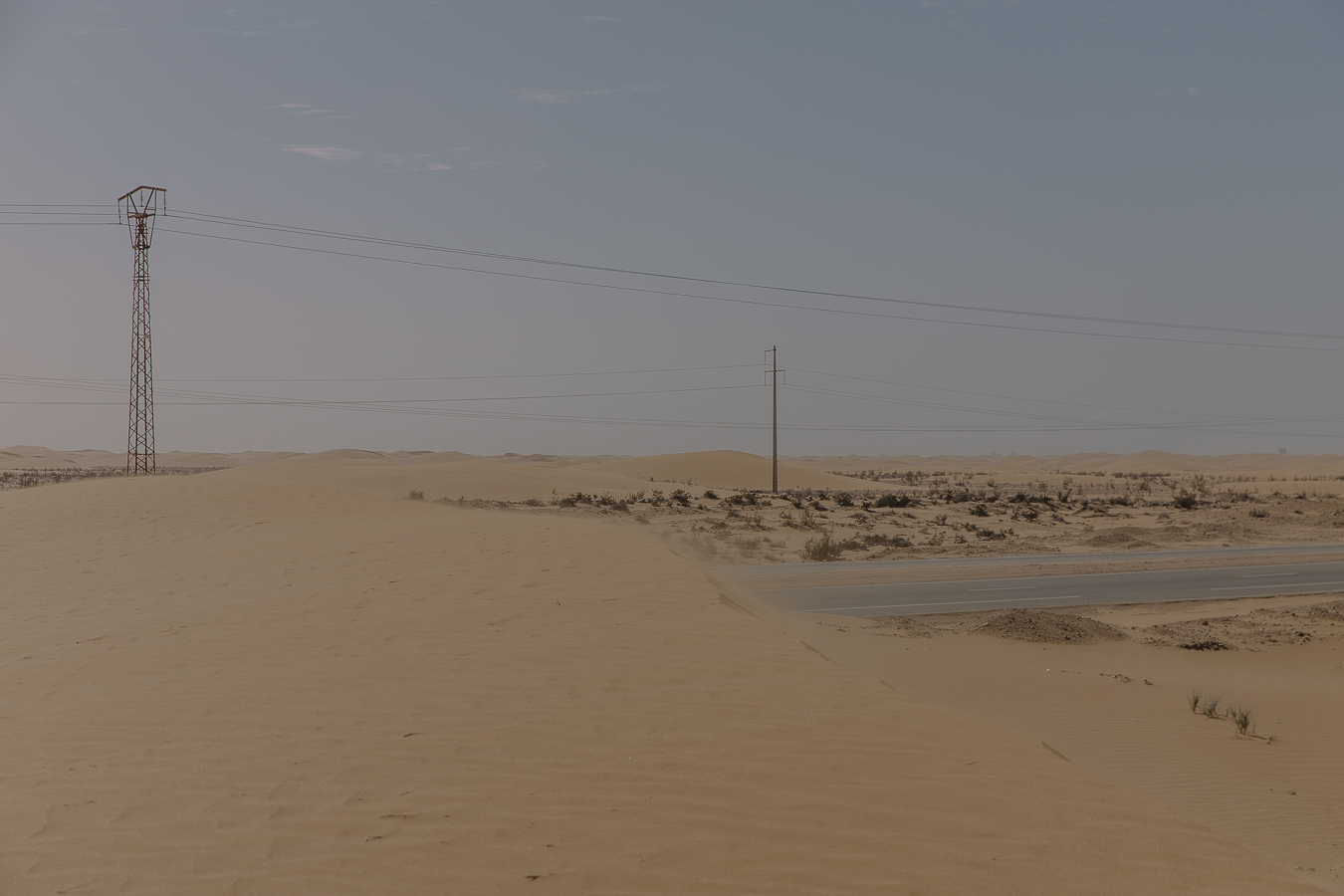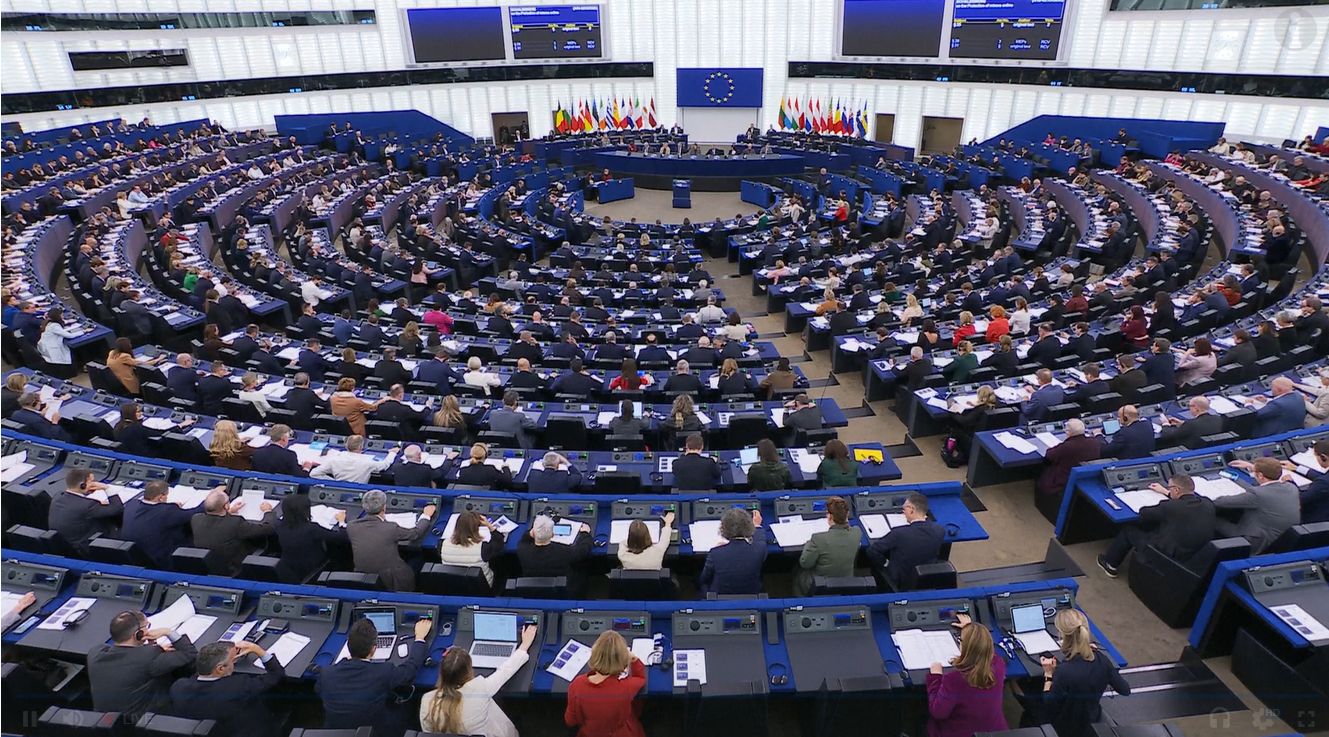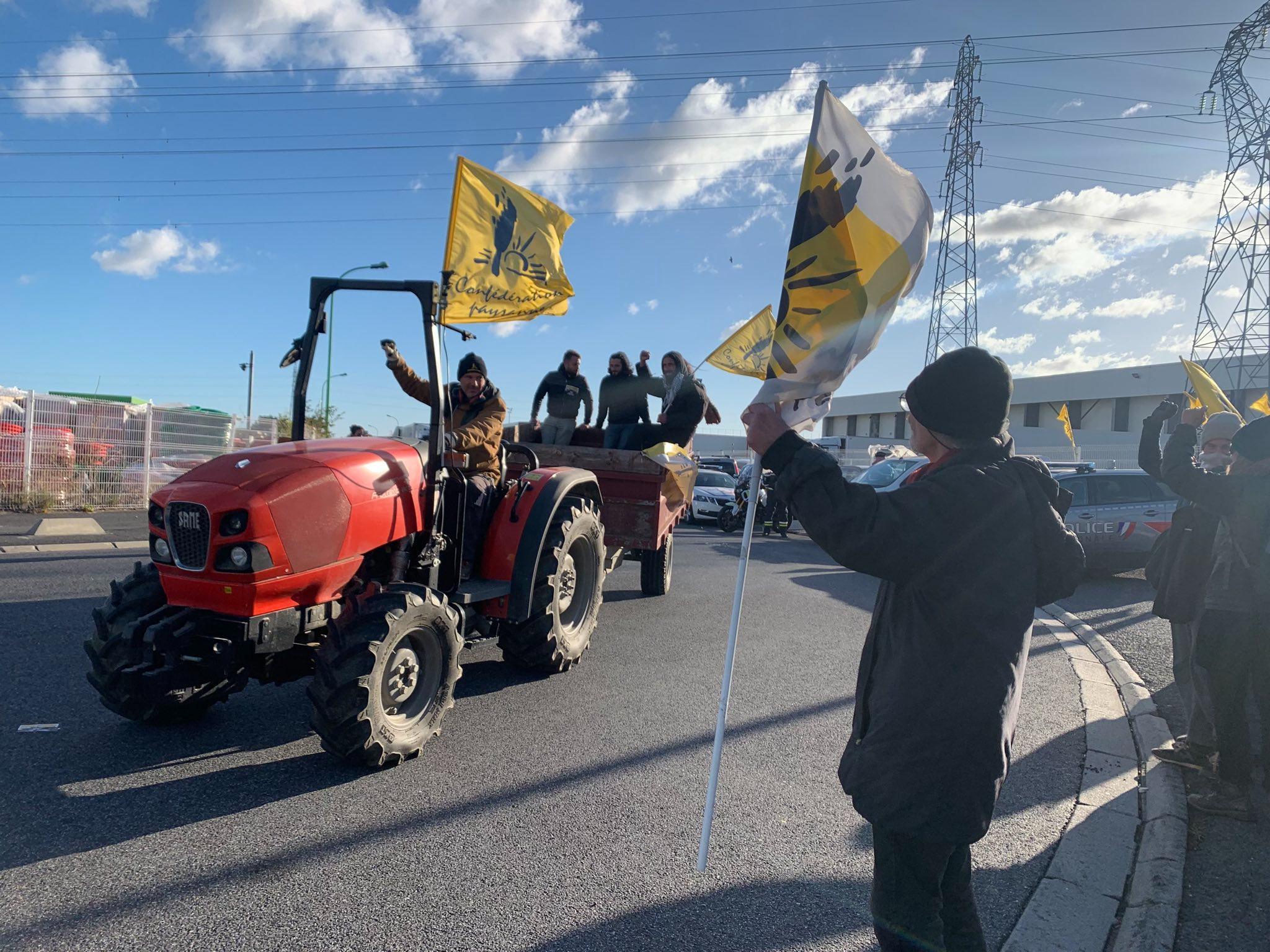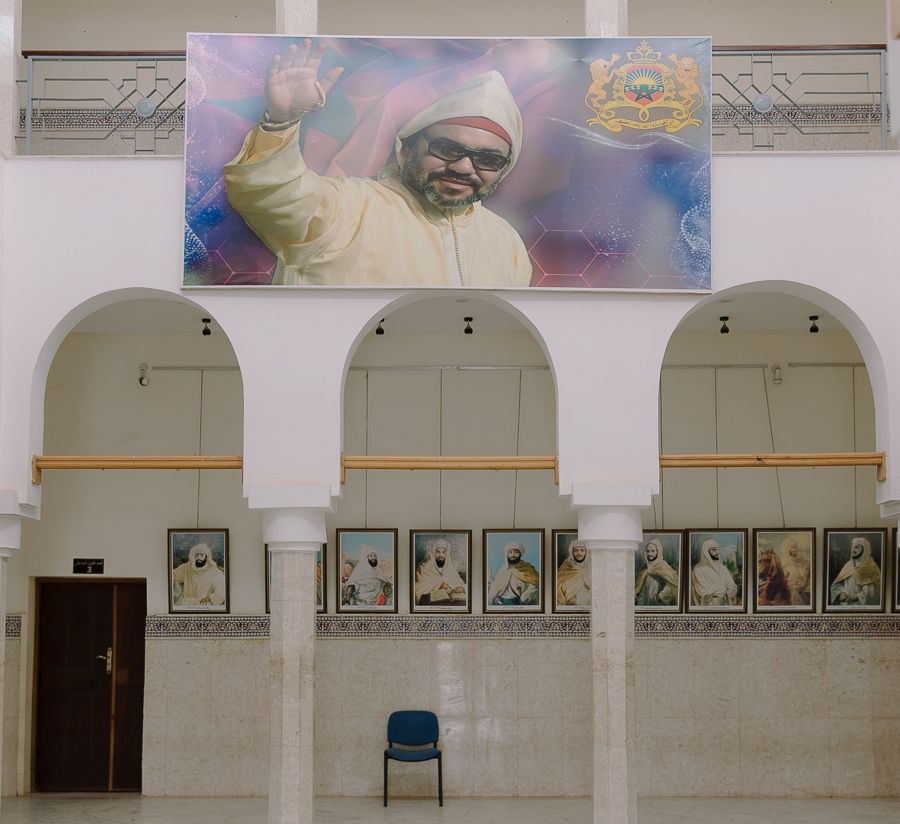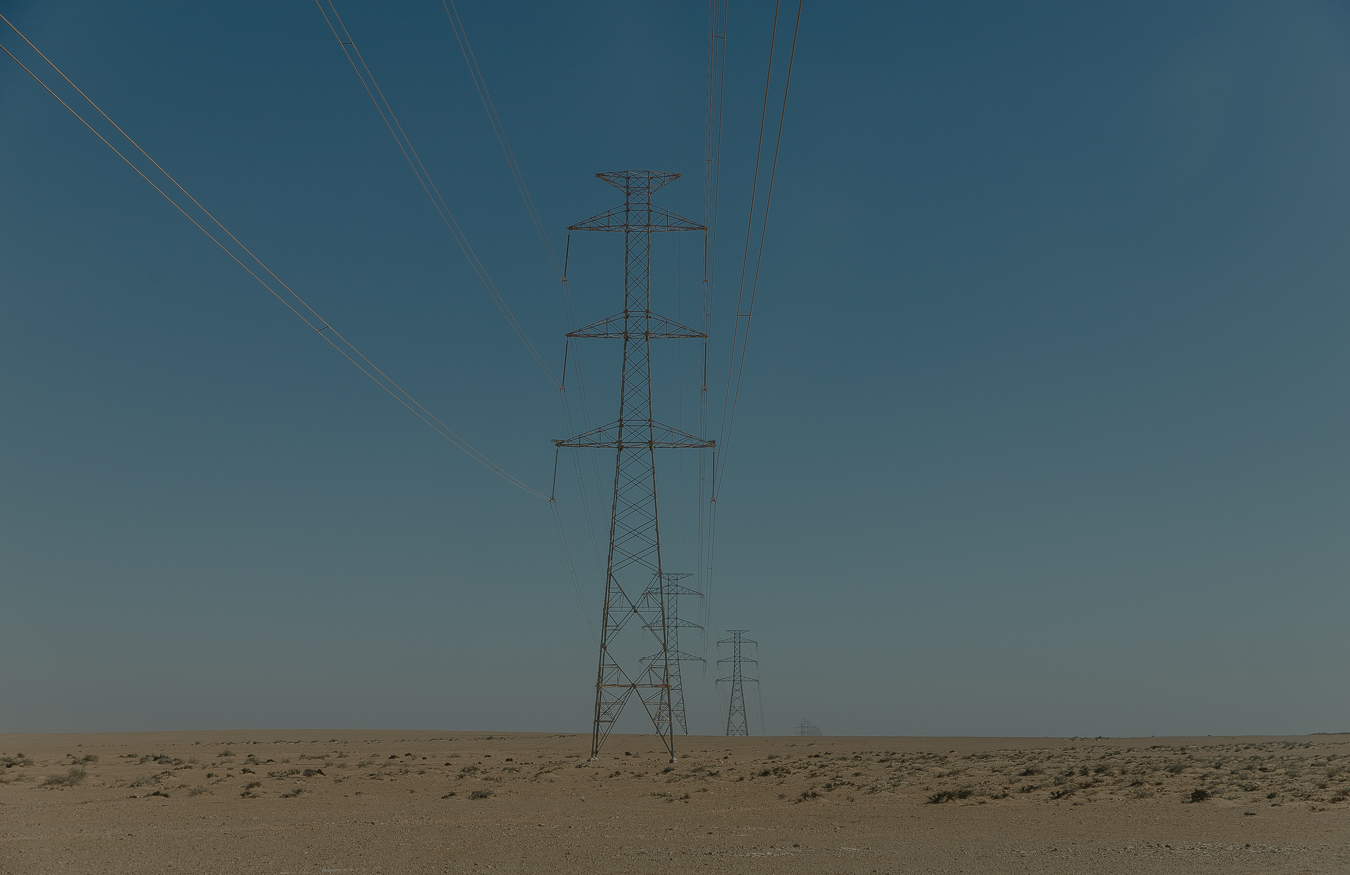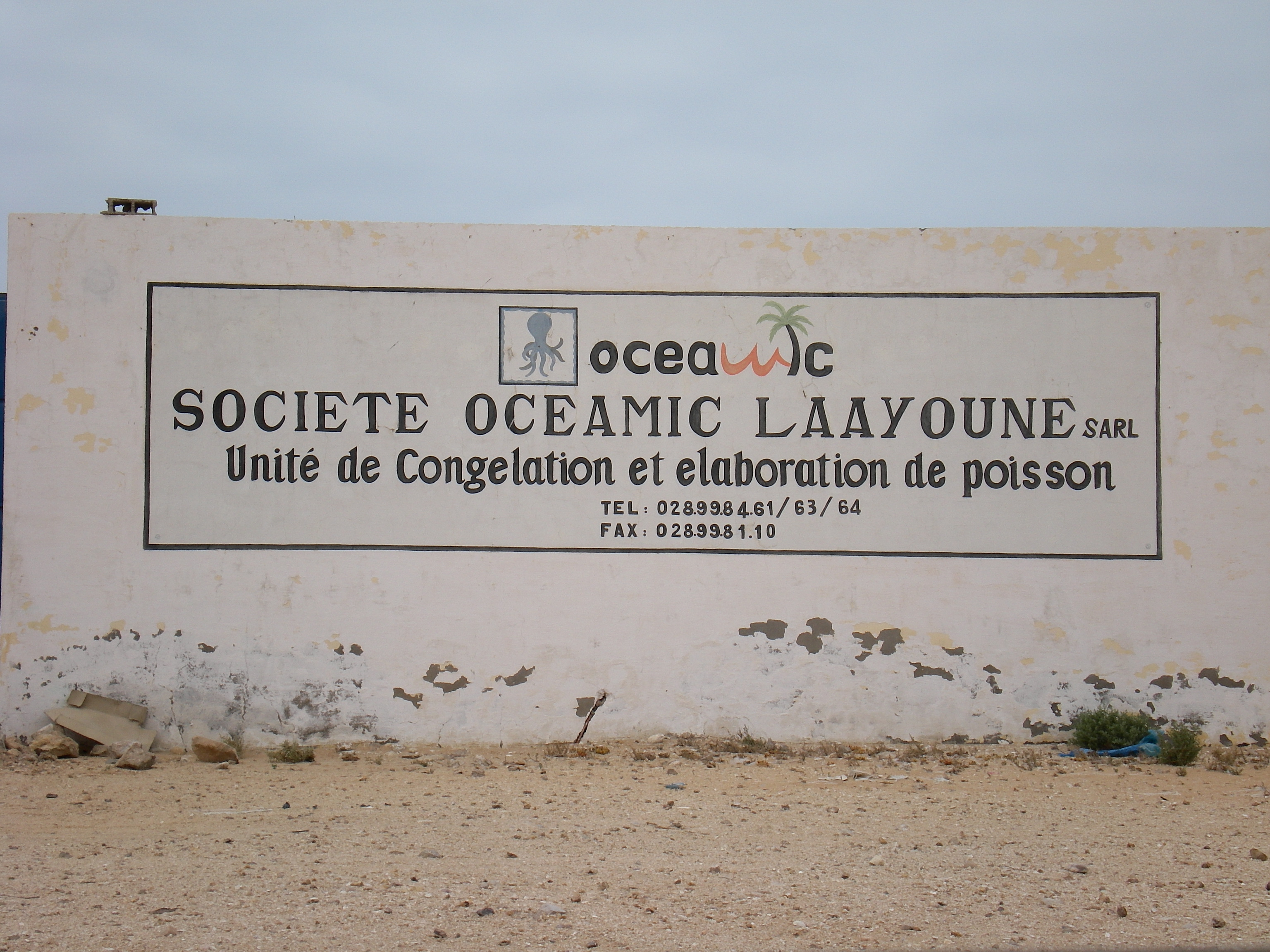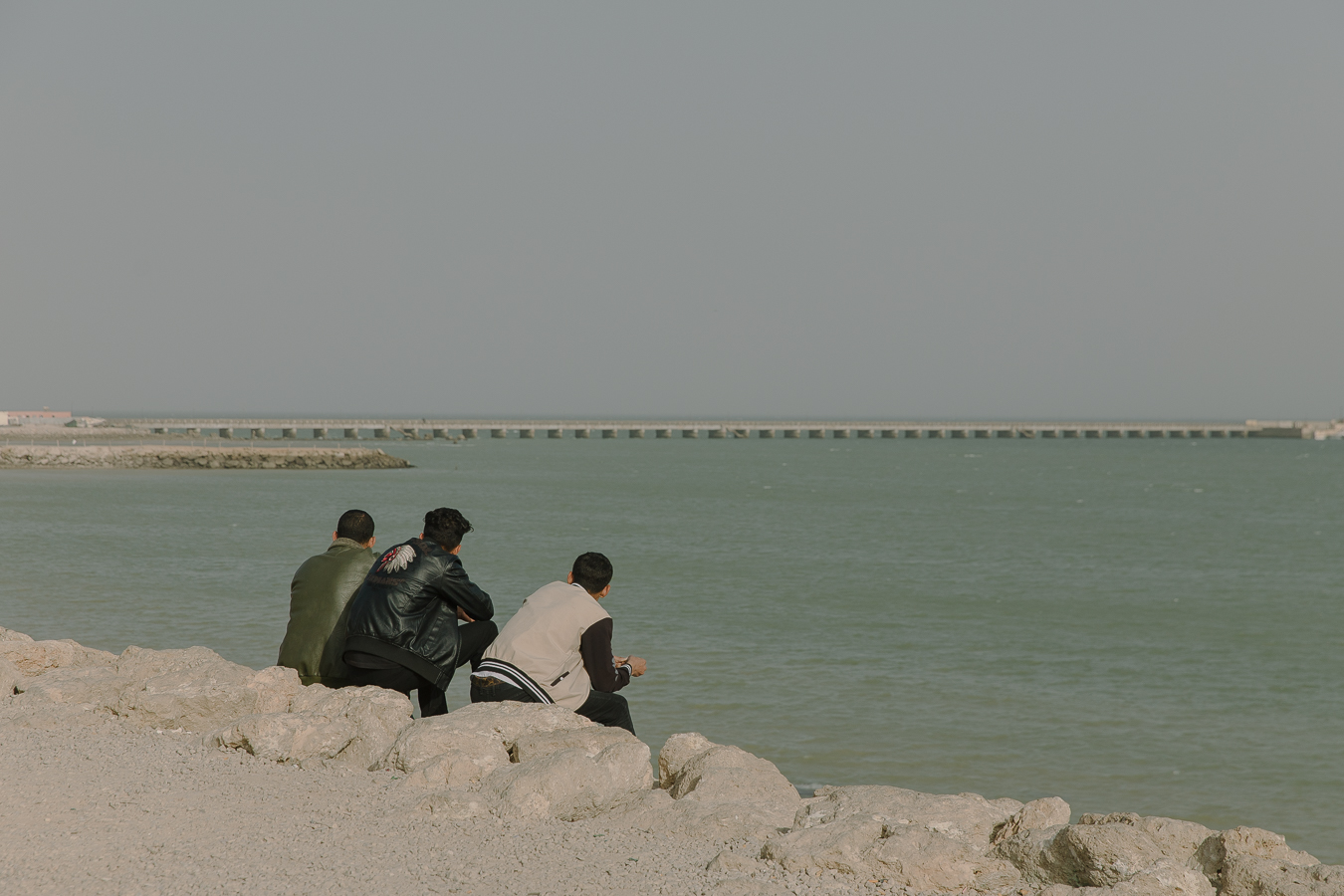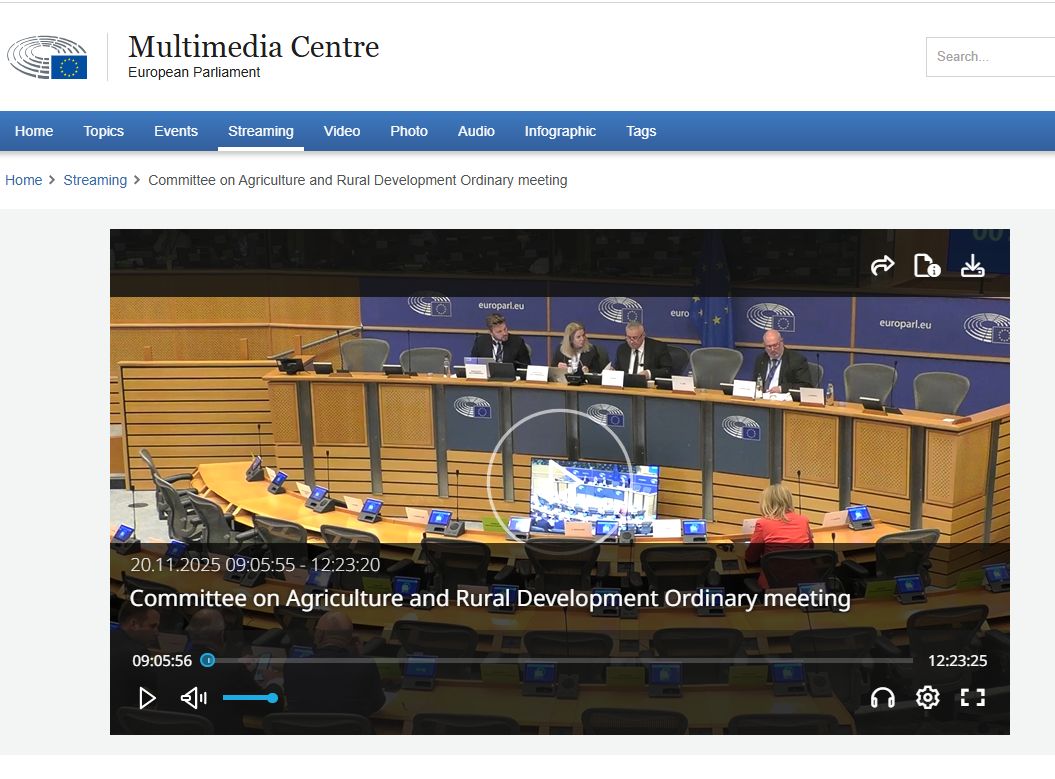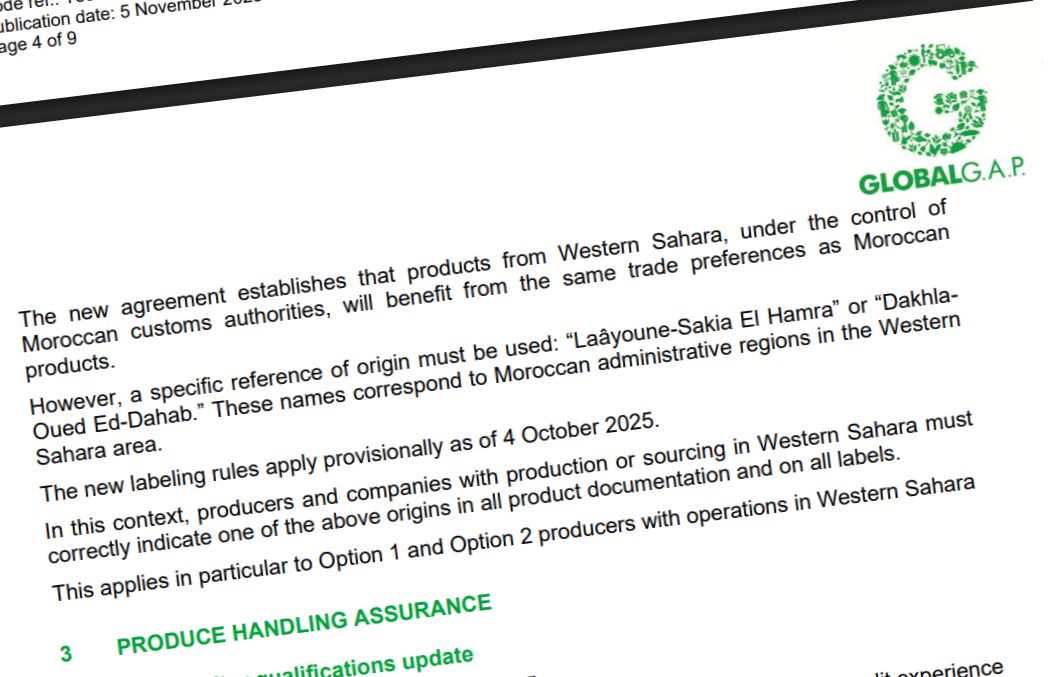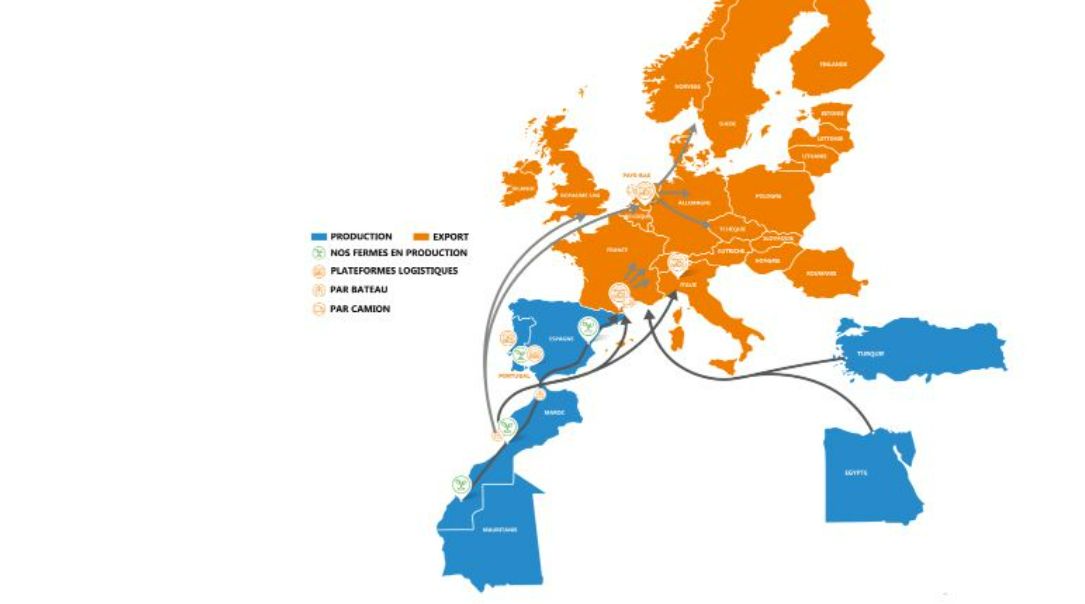Soucieux de se positionner comme un fournisseur clé de minéraux stratégiques pour les puissances occidentales, le Maroc a signé un nouvel accord avec les États-Unis portant sur les eaux du Sahara Occidental et les minéraux critiques qu'elles recèlent.
Le développement de l'hydrogène vert au Maroc franchit une étape décisive, sur un territoire dont il n'est pas propriétaire.
Une déclaration conjointe issue du Conseil d’association UE-Maroc de la semaine dernière invite les lecteurs à croire à une fiction : qu’un plan d’autonomie indéfini, imposé par une puissance occupante, puisse satisfaire au droit à l’autodétermination, et que le respect du droit international puisse coexister avec le mépris systématique de la Cour de Justice de l’Union Européenne.
Alors que l'Union Européenne se rallie à juste titre au droit des Groenlandais à décider de leur propre avenir face aux pressions extérieures, un test de son véritable engagement en faveur de l'autodétermination se déroule discrètement à Bruxelles.
Il est difficile de suivre les nombreuses procédures judiciaires relatives au Sahara Occidental. Cette page offre un aperçu des affaires portées devant la Cour de justice de l'Union européenne (CJUE) à propos de ce territoire.
Un nouveau rapport révèle que les normes de certification internationales embellissent le commerce controversé du Maroc avec les produits de la pêche et de l'agriculture du Sahara Occidental occupé.
SGS rejette la faute sur les autres pour les erreurs concernant les certificats MarinTrust qu'elle a délivrés à des entreprises marocaines au Sahara Occidental occupé.
Disponible dès maintenant : WSRW publie aujourd'hui un nouveau rapport exposant les projets d'énergies renouvelables massifs – et profondément problématiques – que le Maroc développe au Sahara Occidental occupé.
Le système de certification met fin à sa collaboration avec le groupe Azura et annonce qu’aucune certification ne sera plus accordée aux entreprises opérant en territoire occupé.
Ne vous laissez pas berner par le discours sur les énergies propres entourant ce nouveau projet de ligne de 1 000 km : il s’agit en réalité d’une annexion infrastructurelle de territoires occupés.
187 parlementaires ont voté pour ignorer l'arrêt de la CJUE, les intérêts des agriculteurs européens, les droits des consommateurs européens et les aspirations du peuple sahraoui. Les voici.
Les eurodéputés ont eu aujourd'hui une occasion en or de défendre les consommateurs européens. Fort d'une solide majorité, le Parlement a failli faire tomber la Commission.
La pression s'accentue sur l'accord commercial UE-Maroc : des agriculteurs français ont lancé aujourd'hui des actions en justice et pris d'assaut le point d'entrée d'Azura pour les produits du Sahara Occidental à Perpignan.
Le groupe Azura, propriété française et producteur de produits agricoles et aquacoles au Sahara Occidental occupé, a adopté une position étonnamment politique, louant ouvertement la « cause nationale » et « l'intégrité territoriale » du Maroc.
La société suédoise S2H2+Bm Concept AB refuse jusqu'à présent de préciser si son usine de production d'hydrogène dit vert sera implantée au Maroc ou au Sahara Occidental occupé.
Malgré des demandes répétées, l'organisation ne justifie pas pourquoi son certificat de sécurité alimentaire ignore les frontières légales.
Une mission organisée par les pouvoirs publics conduira des entreprises canariennes au Sahara Occidental occupé à la fin du mois.
Aujourd'hui, des représentants de tous les groupes politiques au Parlement Européen ont passé au grill la Commission Européenne sur sa volonté d'assouplir les règles de l'UE afin d'apaiser le Maroc concernant l'étiquetage des produits provenant du Sahara Occidental occupé.
Le système de certification qui prétend défendre la conformité légale a diffusé des informations trompeuses concernant les règles d'étiquetage de l'UE pour les produits provenant du Sahara Occidental occupé.
Le fournisseur agricole français Sofruce a retiré de son site web des indications territoriales et des références à des certificats erronées, suite à un examen minutieux.







